Alan Turing was a British mathematician whose contributions during World War II laid the foundation for modern computing and artificial intelligence.
Turing is most recognized for his role in breaking the German code machine “Enigma” by developing the Bombe machine to automate the decryption process.
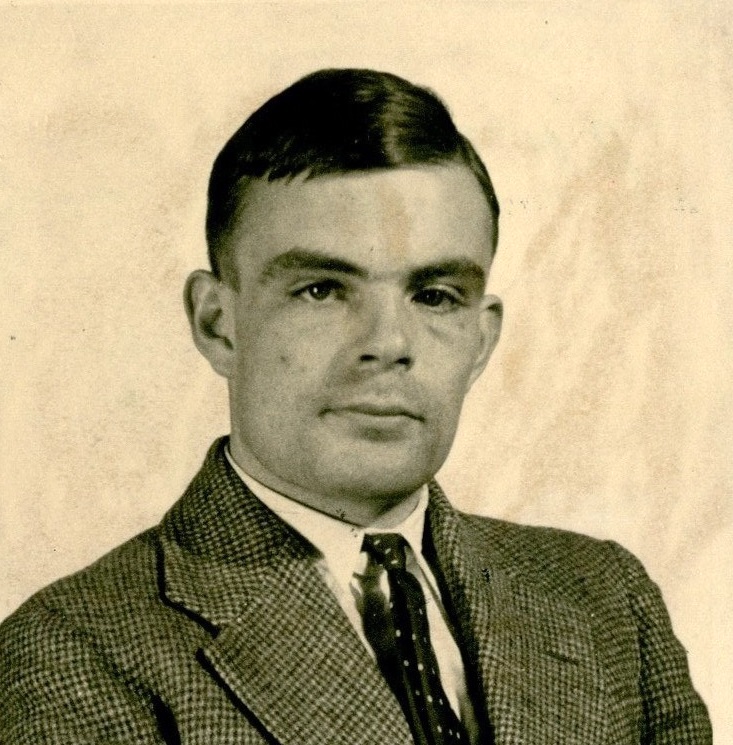

His invention not only shortened the length of the war but also saved countless lives by providing critical intelligence to the Allied forces.
While his contributions to the war effort were immeasurable, Alan Turing was an enigma himself. He had been struggling with his homosexuality since childhood, a secret that would come back to haunt him after the war when he was arrested and convicted of gross indecency.
In this article we will explore the complicated life of Alan Turing, his profound contributions to computer science, and his enduring legacy in the modern world.
Early Life And Education
Alan Turing was born on June 23, 1912, in London, England, to Julius Mathison Turing and Ethel Sara Turing. His father worked in the Indian Civil Service, which meant that his parents spent much of their time in India while Alan and his older brother, John, were raised in England.
The boys lived with foster parents and attended various boarding schools, experiencing a somewhat detached and isolated childhood.
From an early age, Turing demonstrated a remarkable talent for mathematics and science.
His academic prowess paid off in 1931 when he was accepted to King’s College in Cambridge. Turing loved the academic atmosphere of university life.
For the first time in his life, he was surrounded by his intellectual equals and even his role models, such as mathematician and logician John von Neumann.
In 1936, Turing published his infamous paper, On Computable Numbers, in which he introduced the concept of the “Turing Machine,” which proved that a machine could solve any problem if it was given clear instructions.
The Enigma Machine
Since the start of World War II in 1939, the Enigma machine had been a thorn in the side of the Allies. The inability to crack its encrypted messages was costing the Allies dearly.
Allies could not detect enemy troop movements, and this blind spot allowed German U-boats to wreak havoc on Allied shipping convoys, leading to significant loss of life and supplies.
British Intelligence had an army of codebreakers recruited from Universities all around Europe. But even the brightest minds in the world proved futile against Enigma’s iron defenses. That’s because Enigma was no ordinary encryption machine:
This machine featured a series of rotating rotors, which created a huge number of possible settings.
Each day, the settings were changed according to a secret key, resulting in an astronomical number of potential configurations. That meant that the army of codebreakers had to start from scratch every single day.
The complexity of Enigma’s encryption meant that without a breakthrough in deciphering the codes, the Allies were left completely in the dark about German operations. They needed someone with exceptional skills and talent to break the code.
Recruitment To Bletchley Park
Alan Turing’s expertise in mathematics and cryptography caught the attention of British intelligence.
In 1939 Turing was recruited to join the Government Code and Cypher School at Bletchley Park, the United Kingdom’s top-secret code breaking center which became the hub of efforts to break the Enigma codes.
One of Turing’s first major contributions was the development of the Bombe machine. The Bombe machine was designed to simulate multiple Enigma machines working together.
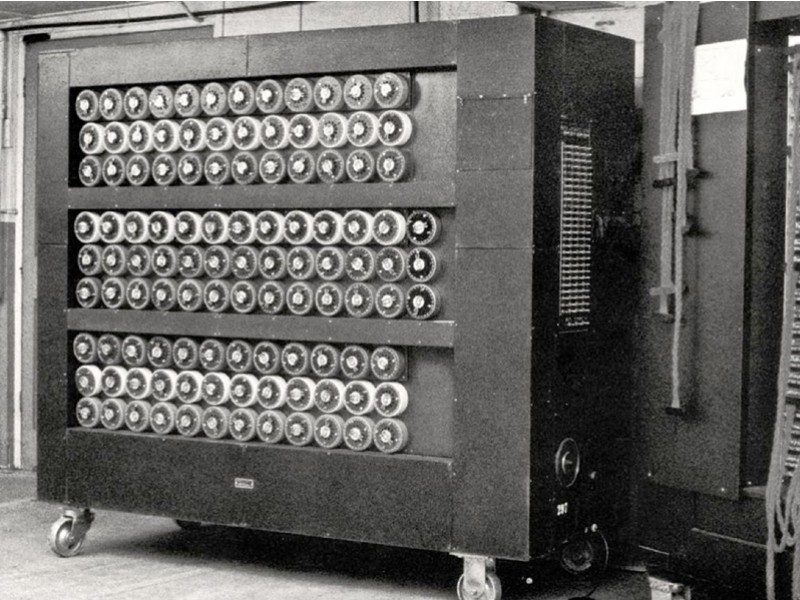
It systematically tested thousands of possible rotor and plugboard settings to find the correct configuration that matched the encrypted message with the guessed words.
The Bombe machine used a series of rotating drums which rapidly tried different combinations. When the machine found a match between the encrypted message and the guessed words, it would stop.
Once the Bombe machine found a match, codebreakers would manually check the settings. If the settings decrypted the message correctly, they knew they had found the right configuration. If not, they would continue the process.
The machine pulled the veil off of encrypted German messages and gave the Allies full access to German military plans including troop movements and supply routes.
Turing’s machine changed the tide of the war and was crucial in many key Allied victories, including the Battle of the Atlantic, where messages cracked by the Bombe helped protect convoys from U-boat attacks.
Impact Of Codebreaking
One of the biggest impacts that cracking Enigma had on the war was in the Battle of the Atlantic. German U-boats were constantly stalking the waters of the Atlantic, sinking important supply ships. The Allies were helpless in this war because they couldn’t tell where the U-boats were.
By deciphering the Enigma messages, the Allies could get real-time information on U-boat positions and movements. This allowed them to reroute convoys and avoid U-boats altogether.
Codebreaking also played a critical role in the North African campaign. With the help of Turing and the Bombe machine, the Allies were able to defeat General Erwin Rommel’s Afrika Korps.
This would eventually lead to Allied victory in North Africa and the opening of a new front in Italy.
The intelligence provided by Turing and the codebreakers at Bletchley Park was extremely important in the planning and execution of the Normandy invasion.
In order for the D-Day invasion to go right, the Allies needed to trick the Germans into thinking the invasion was happening at a different location further north at Pas de Calais rather than Normandy.
This deception, known as Operation Fortitude, kept vital armored divisions away from Normandy and allowed the Allies to successfully take strategic beaches and gave them a foothold in Europe, which began the liberation of the continent and the downfall of the Germans.
Personal Life
Although Alan Turing had made profound intellectual achievements, he also had deep personal struggles. Even as a child, Turing was aware of his attraction to men, a fact he had to keep hidden.
One of the most significant relationships in his life was with Christopher Morcom, a fellow student at Sherborne School. Morcom’s untimely death deeply affected Turing and influenced his future work and personal philosophy.
Despite Alan Turing’s contributions to the war effort, which helped shorten the conflict and save countless lives, he faced a tragic fate after the war.
In 1952, Turing was arrested and prosecuted for “gross indecency” due to his homosexuality, which was illegal in Britain at the time. This conviction led to a choice between imprisonment and chemical castration. Turing chose castration.
Decline And Death
The conviction had devastating consequences for Turing’s personal and professional life. He was stripped of his security clearance and barred from working for the British government.
Despite this, Turing continued his research in theoretical computer science and artificial intelligence, but being backstabbed by the country he helped save and the social isolation he faced took a toll on his mental health.
The hormonal treatments he was forced to take for his chemical castration caused physical changes and bouts of deep depression. Turing’s career suffered as he became increasingly marginalized by the very society he had helped to protect.

On June 7, 1954, Alan Turing was found dead in his home from cyanide poisoning. It’s hard to believe that the very nation that benefited from his genius turned against him in the end.
Turing’s Impact On Computer Science And Cryptography
Alan Turing’s pioneering work laid the groundwork for the development of modern computers. The concept of a universal machine that could perform any computation given the right instructions is a cornerstone of computer science, influencing everything from software development to artificial intelligence.
Posthumous Recognition And Apologies
Despite being marginalized and forgotten after the war, Turing’s legacy has been increasingly recognized and celebrated in the years following his death.
In 2009, British Prime Minister Gordon Brown issued a formal apology on behalf of the British government for the “appalling” way Turing was treated.
In 2013, Queen Elizabeth II granted Turing a posthumous pardon, recognizing his contributions and the unjust nature of his conviction.
In 2014, Turing’s life and contributions to the war effort were dramatized in the film “The Imitation Game”, which depicts his relationship with Christopher and struggles with homosexuality.
The Turing Award was established in 1966 by the Association for Computing Machinery (ACM) to honor the life of Alan Turing. It is considered the “Nobel Prize of Computing” and celebrates individuals who have made substantial contributions to the field of computer science.
Sources
https://en.wikipedia.org/wiki/Enigma_machine#
https://en.wikipedia.org/wiki/Turing%27s_proof



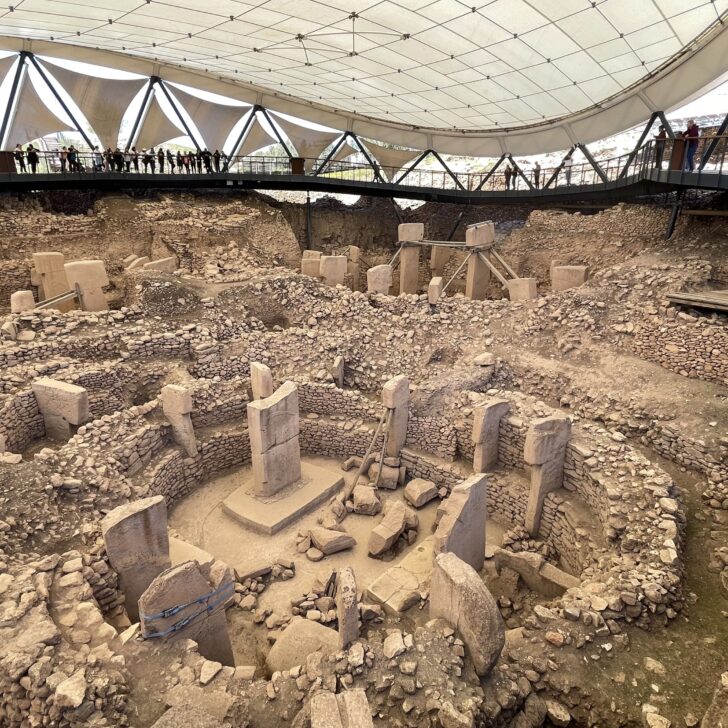


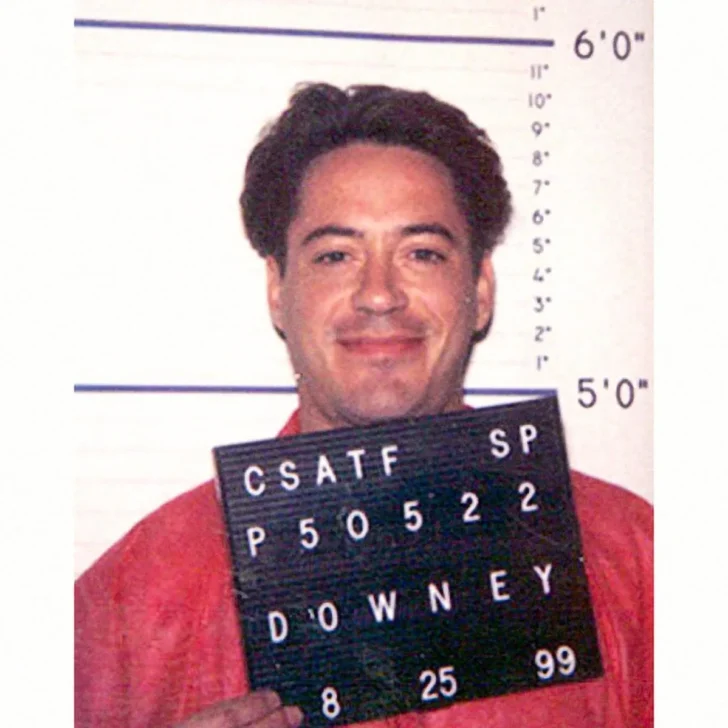




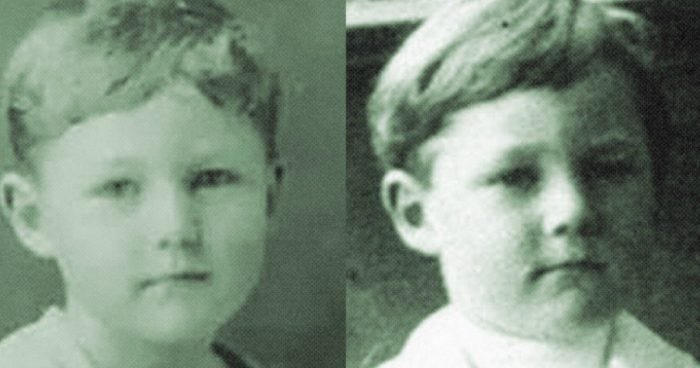

Leave a comment